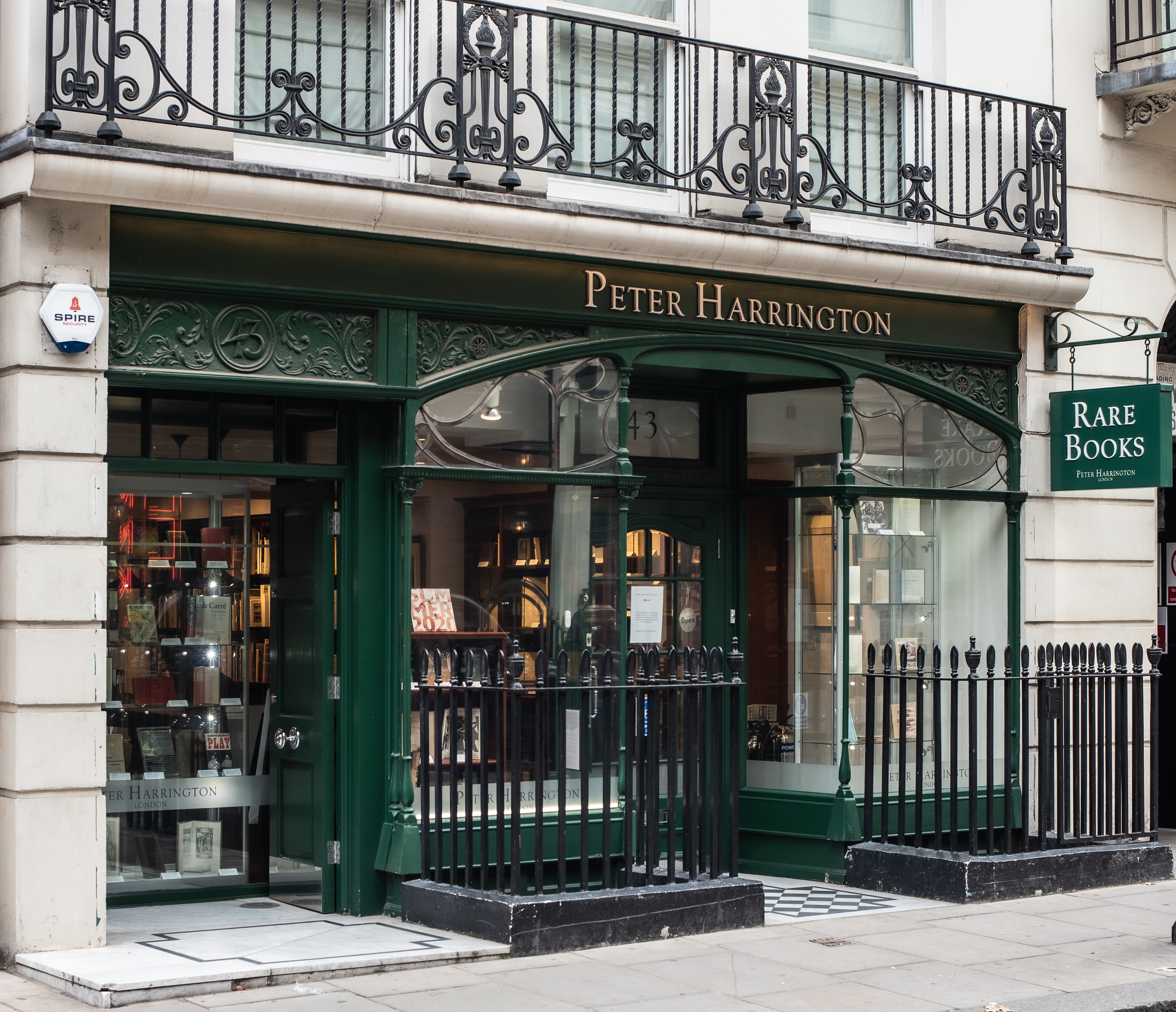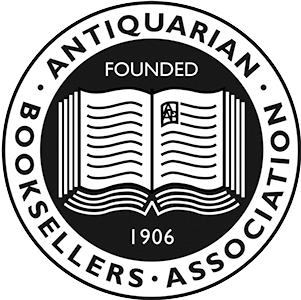[London: , c.1860-70]. Unjust in principle and therefore productive of evil in its operation An early legal petition, submitted and signed by Harriet and George Grote, in support of the economic independence of married women, a forerunner to the Married Women's Property Act of 1882. Harriet Grote (née Lewin, 1792-1878) was extensively well read in political economy and philosophy, a leading proponent of political radicalism, a devoted patron of the arts, and a staunch supporter of the early feminist movement. Referred to as "the Empress" by her family, she was nicknamed "queen of the radicals" by Sydney Smith and described as "absolutely unconventional" by Mary Charlotte Mair Simpson. She eloped with the radical politician and historian George Grote (1794-1871) in March 1820. Harriet was one of the signatories of the 1866 petition and, three years later, spoke at the first public meeting of the National Society for Women's Suffrage. Before 1870, "marriage entailed a complete loss of women's legal identity... Given the enormous legal complexities of their legal situation, it is possible that even the well-informed might not be full aware of all the ramifications of the law. Two highly educated women, Harriet Grote and Millicent Garrett Fawcett, were astonished to find that when their purses were stolen, the items were described in court as being the property of their husbands" (Gleadle, p. 89). Consequently, the Grotes campaigned alongside the Married Women's Property Committee for the Married Women's Property Act of 1870, which certainly improved circumstances but was seen by many as a feeble compromise. Neither Harriet nor George lived to see the amended Act of 1882, which gave women a separate legal entity for the first time. This manuscript petition, undated but preceding George's death in June 1871, opens by arguing "that the law concerning the property of married women is unjust in principle and therefore productive of evil in its operation". It presents three changes: the first, that the property of a married woman (whether acquired before or after marriage) should be under her control; the second, that the earnings of a married woman should legally belong to her, "subject only to a claim for the maintenance and education of her children"; and third, that a married woman's obligations, debts, or engagements (whether gained before or after marriage) should be her responsibility alone. Single leaf of vellum, folio (382 x 204 mm), hand-written in ink on recto, signed "H. Grote" and "Geo. Grote" at foot. Faint horizontal creases from folding, two small stains along upper edge, that on the left with tiny paper overlay to strengthen. In remarkably good condition. Kathryn Gleadle, British Women in the Nineteenth Century, 2001.









